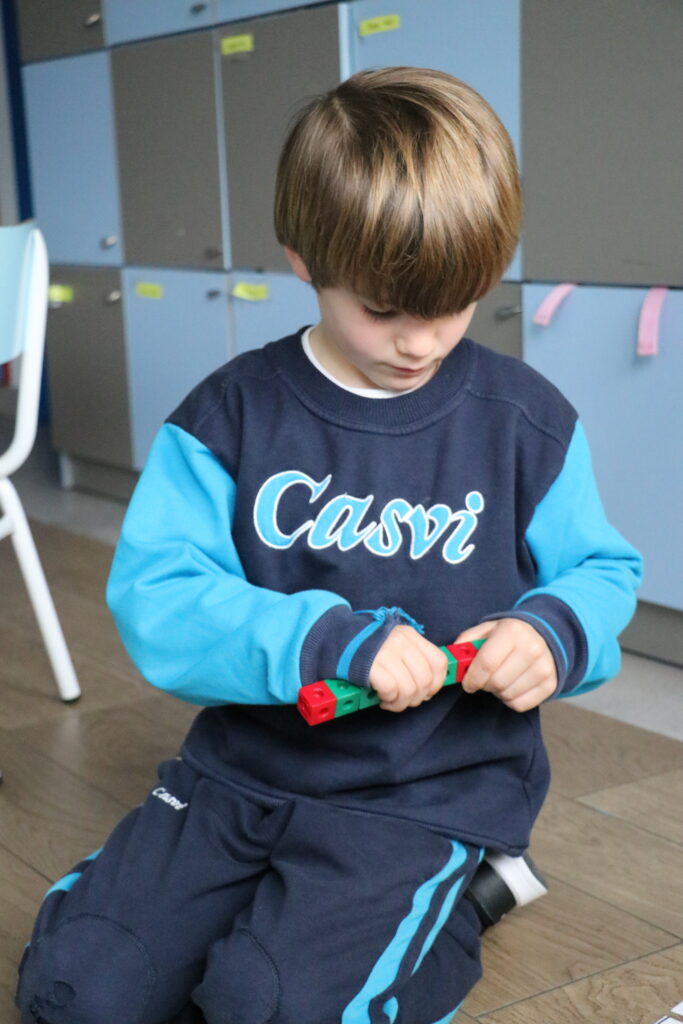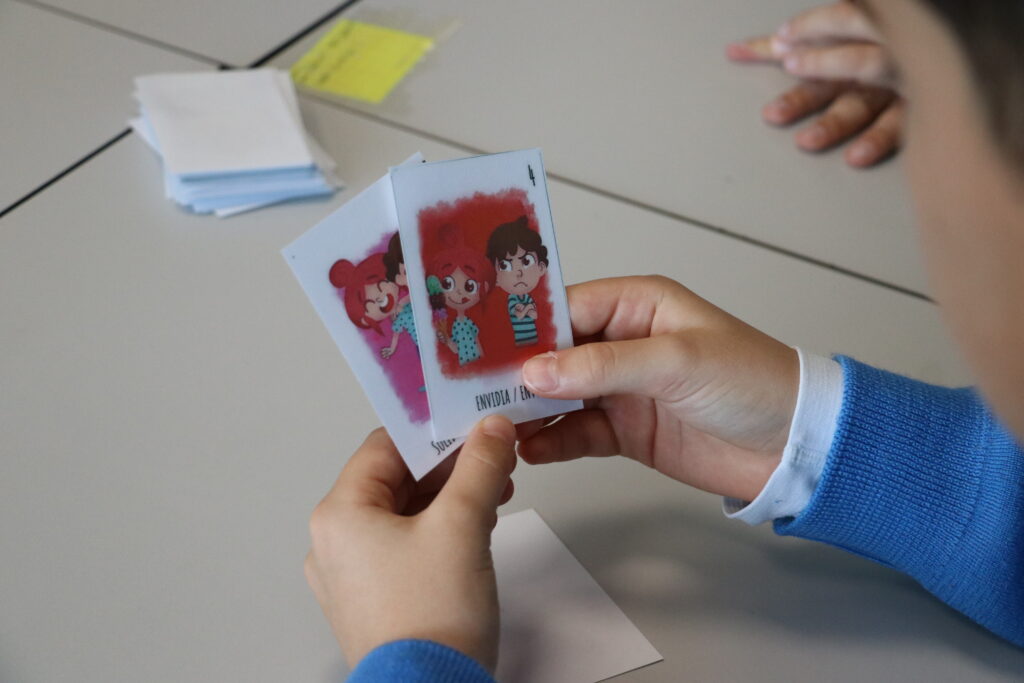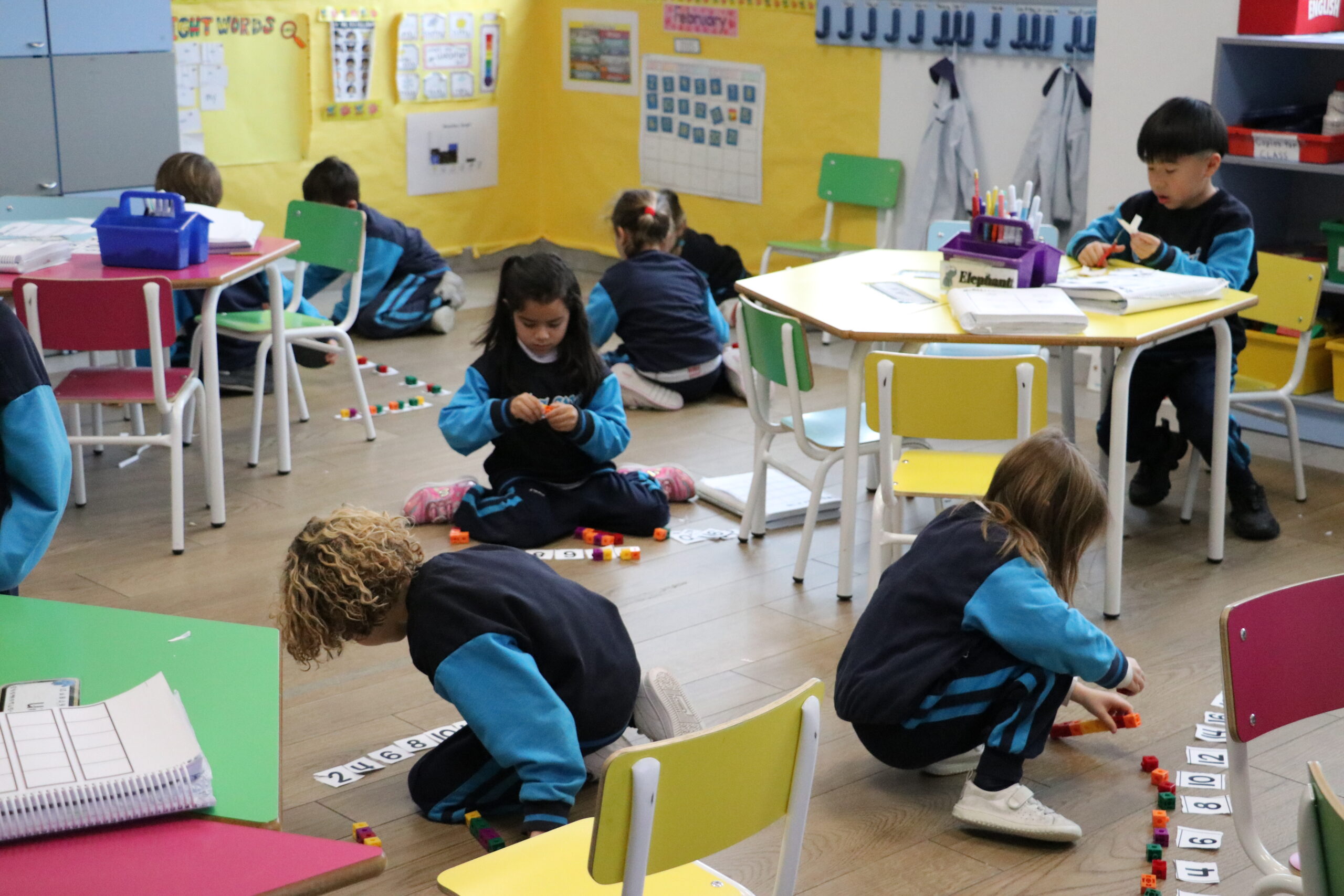Cognitive development in childhood is key to children’ s growth and learning. During the first years of life, the brain is in a stage of constant evolution, so activities that stimulate the mind, such as memory games for children, are especially important. These games not only entertain, but also provide numerous benefits for cognitive skills, according to OuKids Shop.
Memory games for children are designed to strengthen their ability to remember information. Some of the most common games are cards, puzzles, apps or interactive games. However, all of them contribute to the development of attention, concentration and information retention, through a playful and motivatingenvironment.
Seven benefits of memory games for children

1. Improves concentration and attention. Memory games for children require them to pay attention to details and stay focused for long periods of time.
2. Encourages problem solving. In these games it is common for children to have to think strategically about how to find the right pairs. This anticipating and problem solving helps them develop logical thinking.
3. Improves language skills. Many of these games are designed to teach new words or improve vocabulary.
4. Stimulates the retention of information. It helps them remember information more effectively. This is because as in the games they have to associate images, words or colors, they train their short and long term memory. This is not only useful for learning new words, but also for developing other skills such as problem solving.
In a similar way, although these kinds of games are focused on short-term memory, they also have a positive impact on long-term memory.
5. Boosts self-esteem and confidence. Successfully completing these types of games can be very rewarding for them, and it also strengthens their self-confidence as they begin to realize that their efforts are rewarded.
6. Promotes social development, especially when these games are group. In this sense, they train and understand that in order to achieve the objective of the game as soon as possible and in the best possible way, they must cooperate with each other, respecting each other’s turn.
Likewise, during group games, children also learn to handle frustration when things do not go as they thought they would. In other words, these games also help them develop and learn emotional and self-control skills.
7. Develops organizational and planning skills. The first thing they have to organize is their thoughts to remember what cards or pieces they have previously seen, thus working on a more structured mindset. On the other hand, when the problem they are presented with in the game is more complicated, they train the planning of how to approach it.
How to incorporate memory games for children into your daily routine?
Experts point out that there are several ways to introduce these games into the child’s routine. The most common are flash cards, which you can customize with the concepts you want them to learn; interactive applications; traditional board games or puzzles, with which they improve their ability to remember shapes, colors and patterns.
However, this will not be optimal if other elements are not taken into account:
– Gradually and regularly integrate these games into your child’s routine. Dedicating 10 to 20 minutes a day to these practices can make a big difference in their cognitive development.

-Make the game enjoyable and fun. Thus, you will enjoy its realization and will be able to get much more out of it.
– Gradually increase the difficulty. Overcoming challenges also contributes to building their self-confidence.
Learn more about our teaching methodology
At Casvi International American School we incorporate memory games for children not only from a learning point of view, but also as a pedagogical tool that enhances concentration, sustained attention or retention of information, among other fundamental skills for academic success.
If you want to know more about our teaching methodology in early childhood education, you can visit our website or contact us.

